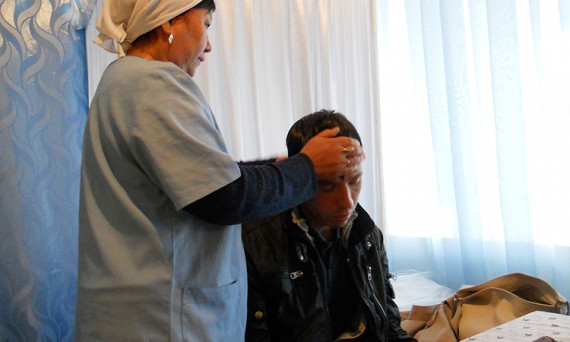In my presentation I will discuss how the official attitudes to complementary and alternative medicine (CAM), and particularly to folk healing have been changing in Kazakhstan and Kyrgyzstan since proclamation of their independence. Initially, these countries, similar to the other newly independent Central Asian states, strove to confirm their legitimacy through referring to the richness of their cultural heritage, including traditional medical knowledge and practices. As a result of this approach, revalidating traditions of the titular nations, Republican Centres of Folk Medicine were established in Almaty and Bishkek under the auspices of the Ministries of Health and the process of healers’ professionalisation was developed. A dramatic situation of healthcare systems in this region after the collapse of the Soviet Union additionally contributed to the governmental support for various CAM therapies, recommended as inexpensive and easily available.
However, in the 2000s and especially in the last decade significant changes in the official stance towards traditional medicine have been observed, despite the great popularity of healers. While several CAM specialties, such as acupuncture or hirudotherapy practised mainly by medical doctors, have held their position, folk therapies and spiritual healing in particular were treated more and more often as quackery and some measures reflecting this changing discourse were undertaken in both countries. I try to identify the reasons for this policy shift, which can be generally viewed as an expression of the attempts at modernisation, inducing the withdrawal of support for these treatment methods and practices which are now considered backward and superstitious. I argue that this approach is not so much connected with assessments of efficacy of such therapies, but rather with ideological, economic and social changes.
The presentation is based on the results of my anthropological research in Kazakhstan (Almaty) between 1995 and 2000 and in Kyrgyzstan (Bishkek) between 2011 and 2013.
Danuta Penkala-Gawęcka, Ph.D. in ethnology and cultural anthropology, associate professor at the Department of Ethnology and Cultural Anthropology, Adam Mickiewicz University in Poznań, Poland
